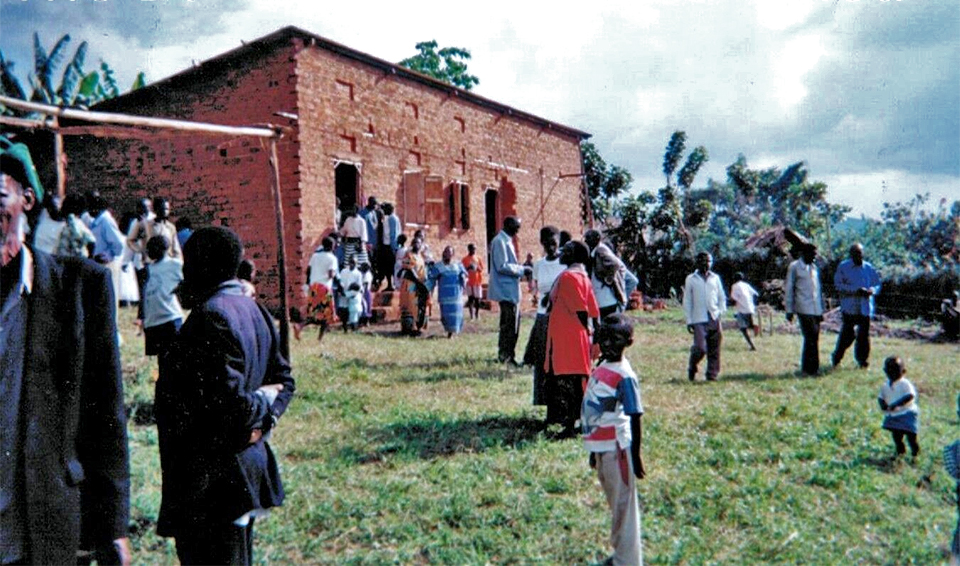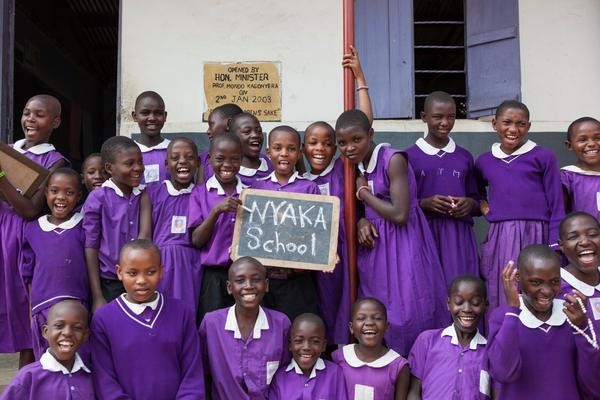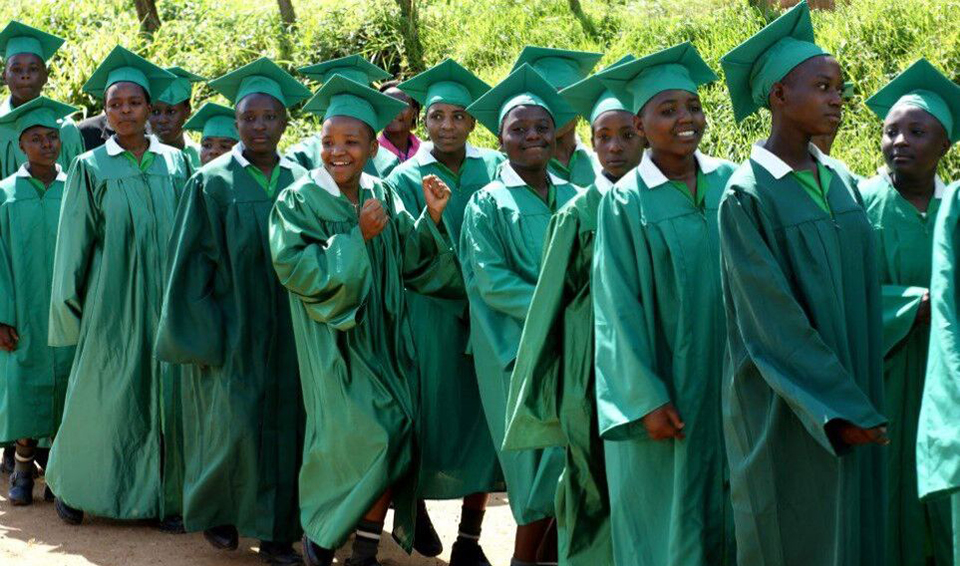Twesigye Jackson Kaguri – Nyaka AIDS Orphans Project
In 1996, Twesigye "Jackson" Kaguri's life took an unexpected turn. He was living the American dream. He had an excellent education and was ready to explore opportunities, travel, and have fun. Then Jackson came face-to-face with Uganda's HIV/AIDS pandemic. His brother died of HIV/AIDS, leaving him to care for his three children. One year later, his sister died of HIV/AIDS, also leaving behind a son. It was through his own personal experience that Jackson, a native Ugandan, saw the plight of orphans in his village of Nyakagyezi. He knew he had to act. He took the $5,000 he had saved for a down payment on his own home and built the first Nyaka School.

Since then, The Nyaka AIDS Orphans Project has been working on behalf of HIV/AIDS orphans in rural Uganda to end systemic deprivation, poverty, and hunger through a holistic approach to community development, education, and healthcare.

The HIV/AIDS Pandemic In Uganda
Over 1.1 million children in Uganda have lost one or both parents to HIV/AIDS. Both extended family members and orphanages face enormous obstacles in attempting to care for these children. These orphans and other vulnerable children go without basic human needs that many of us take for granted, including: food, shelter, clothing, health care, and education.
Orphans in Uganda are often forced to fend for themselves, making them responsible for income generation, food production, and care for sick parents and siblings. These orphans may also be the first to be denied education when their families cannot afford to educate all of the children in their household.
NAOP's Operating Philosophy And Guiding Principle
At the Nyaka AIDS Orphans Project, they believe we are all one family created by God, born equally, with the duty to help one another. They believe all human beings have the right to education, food, shelter, basic health care, respect, and love. They believe a high-quality education is the key to empowering people to transform themselves and live a positive life. They also believe that sustainable, ethical, community-based solutions are the best way to address the current need in rural Uganda.

You can read more about Jackson's journey in his book, "A School for My Village".